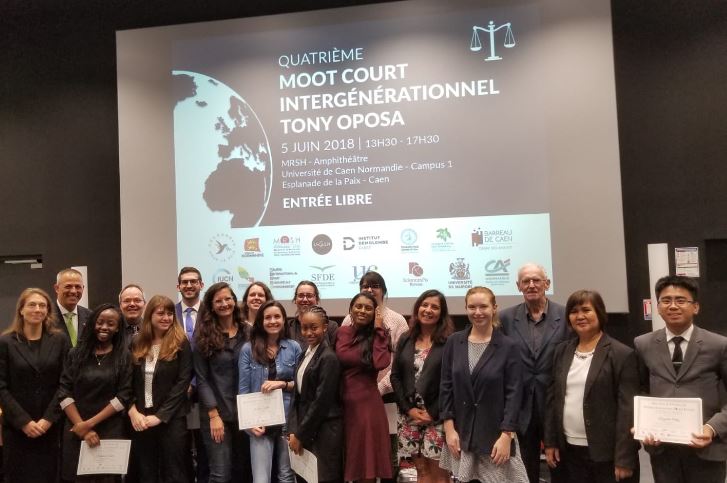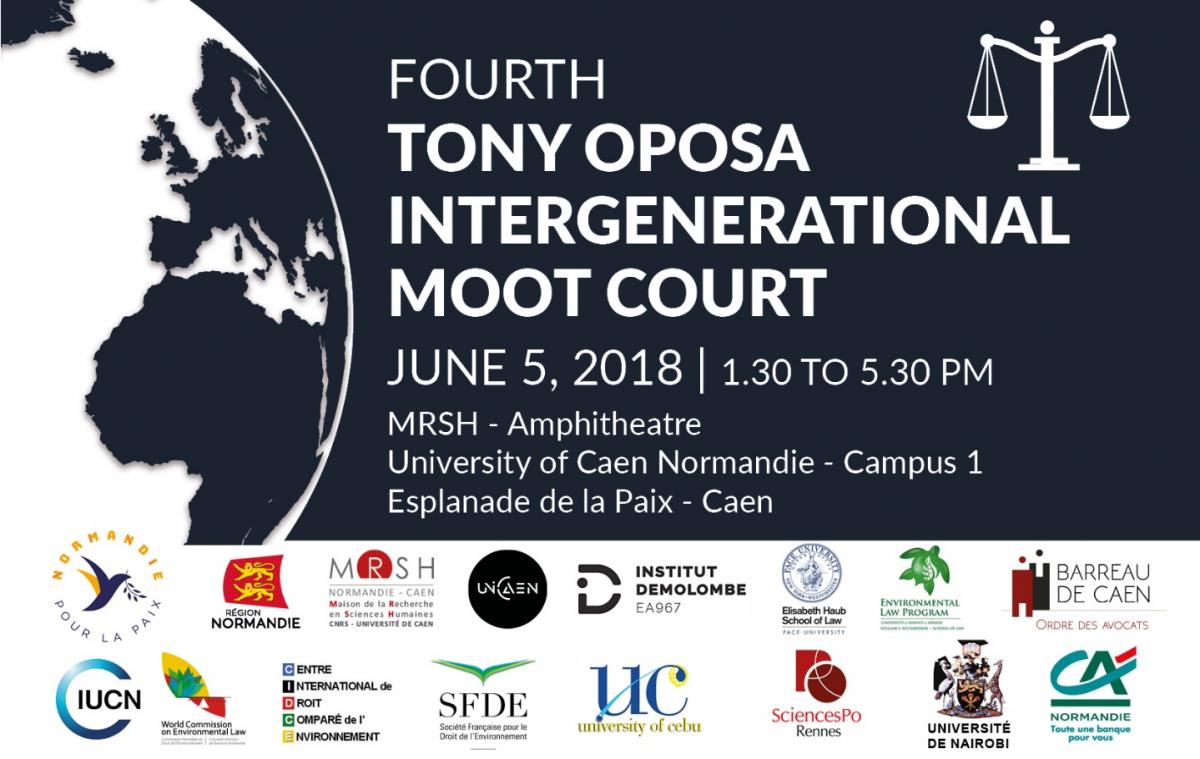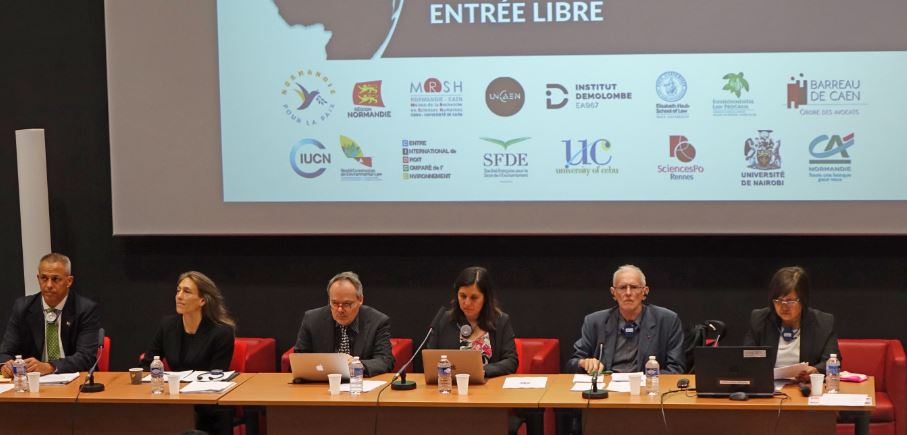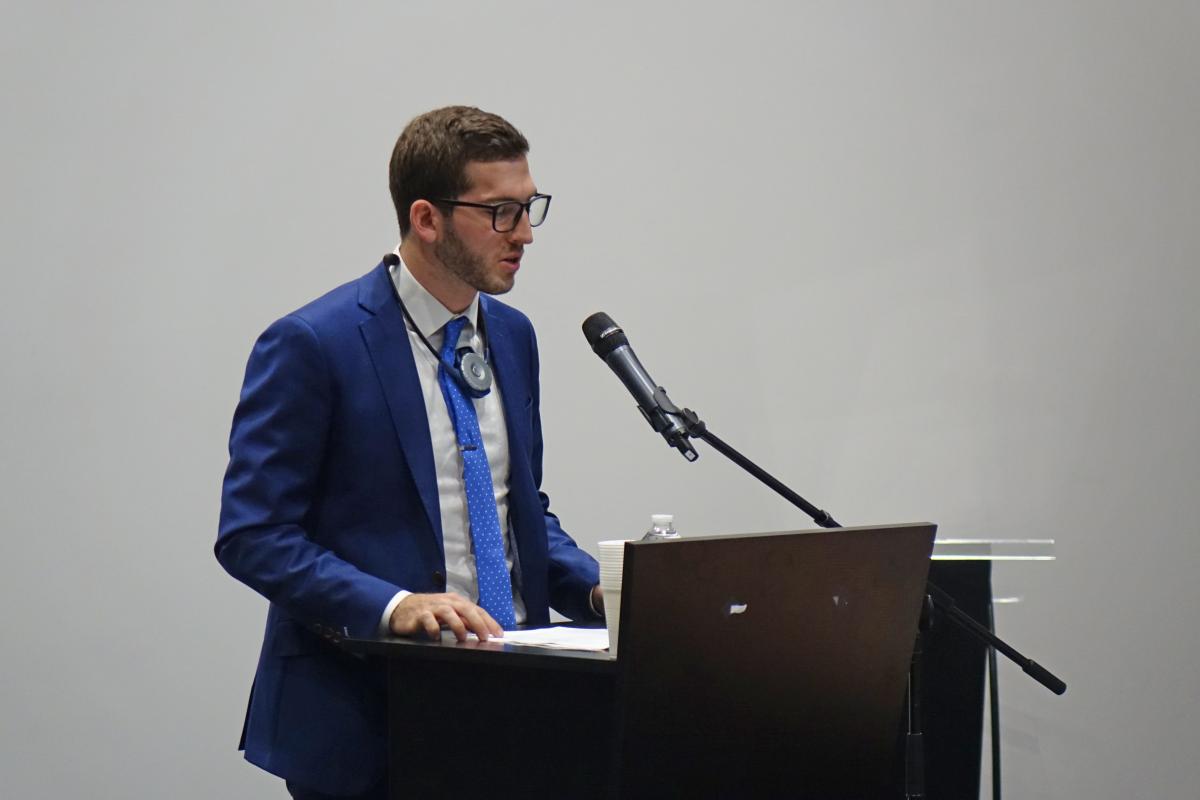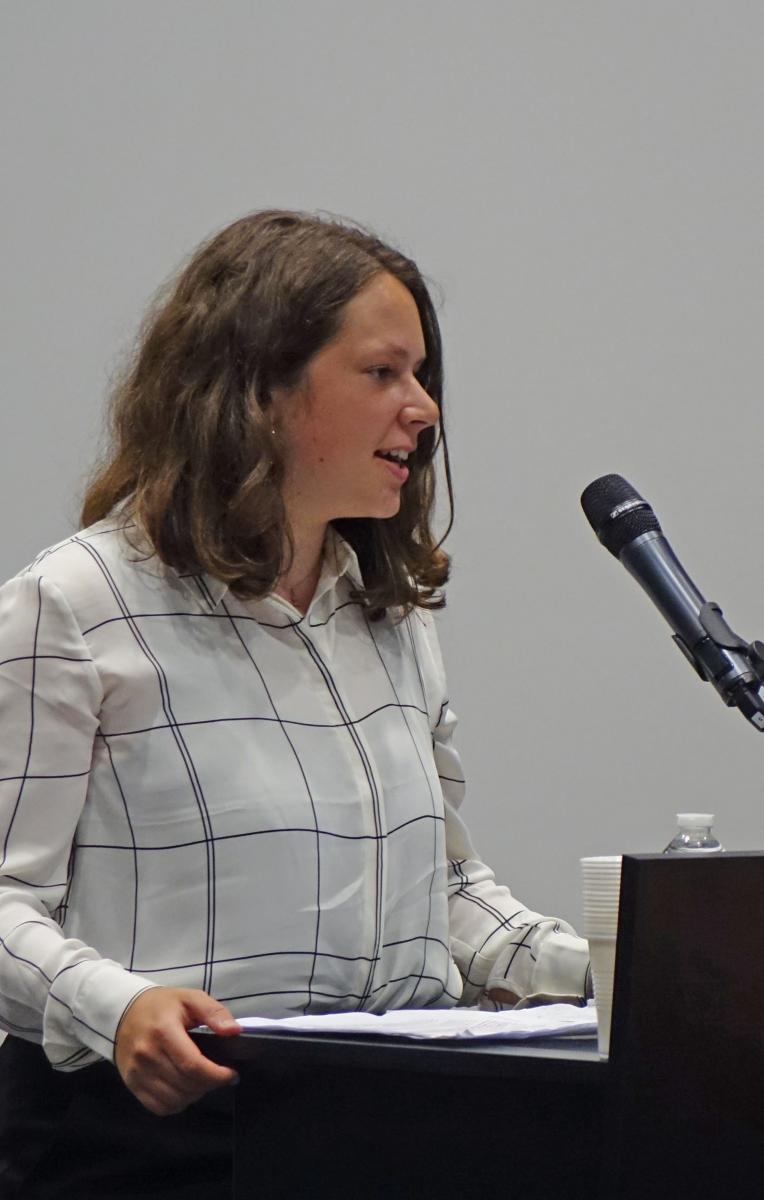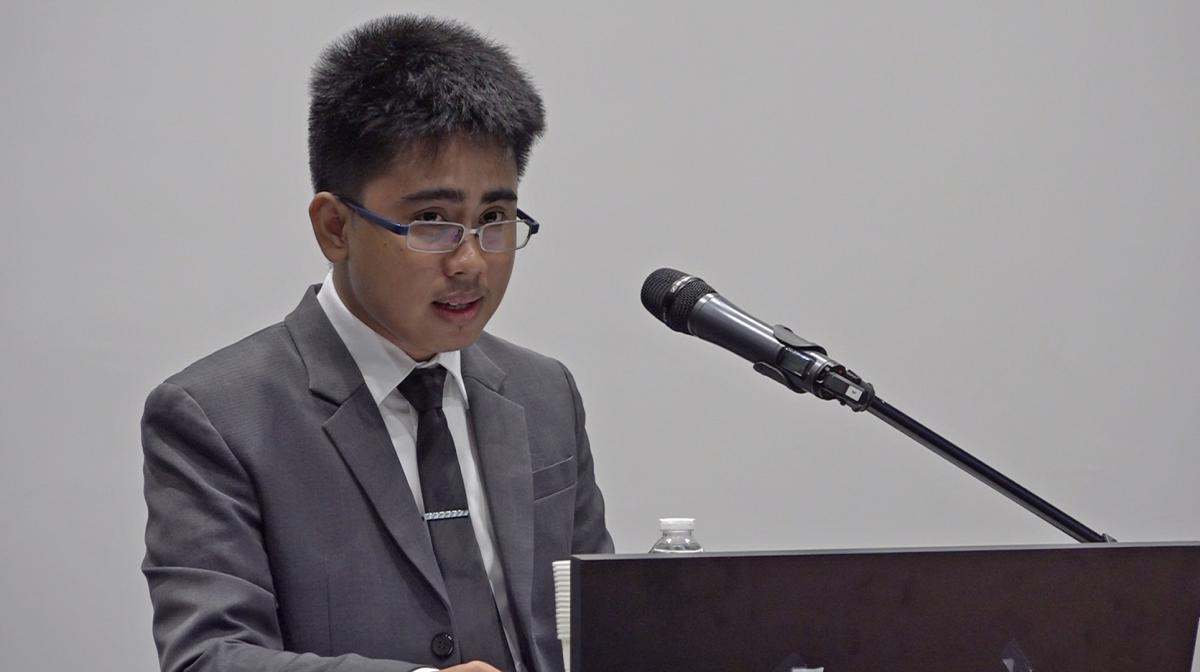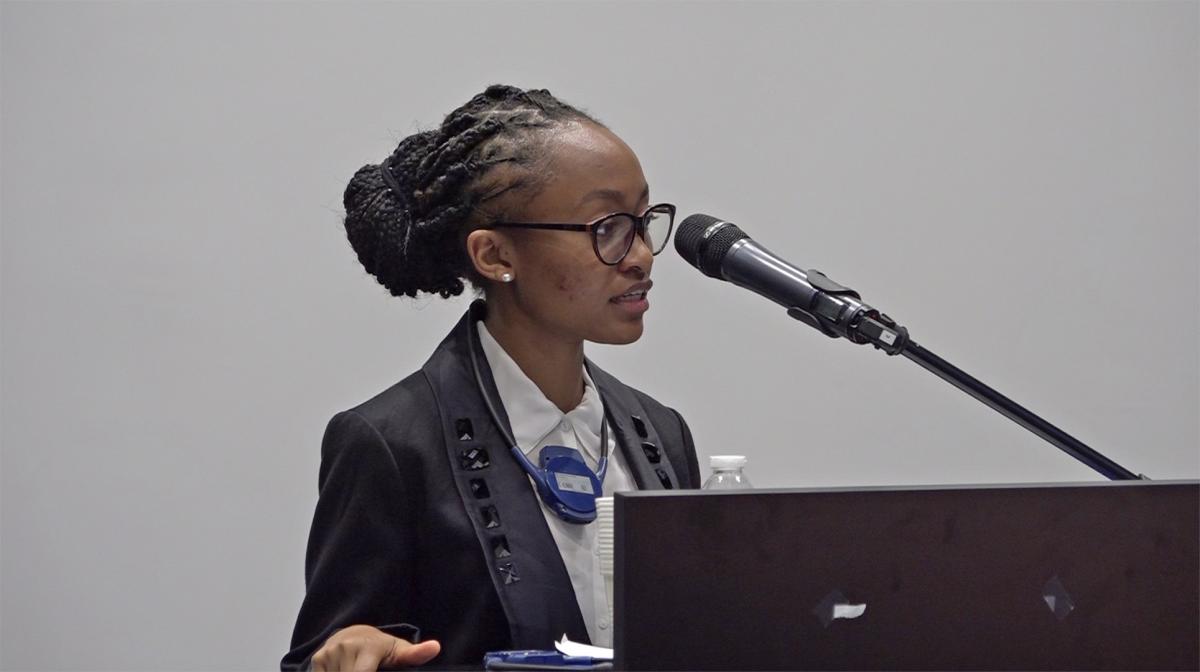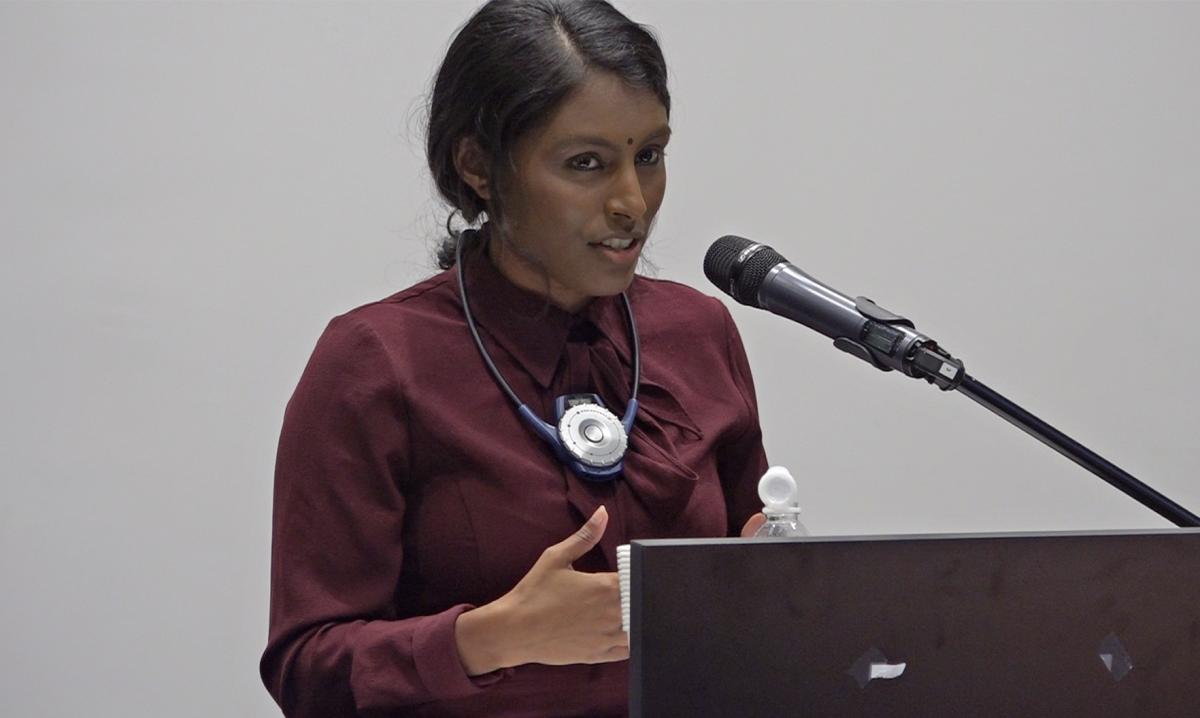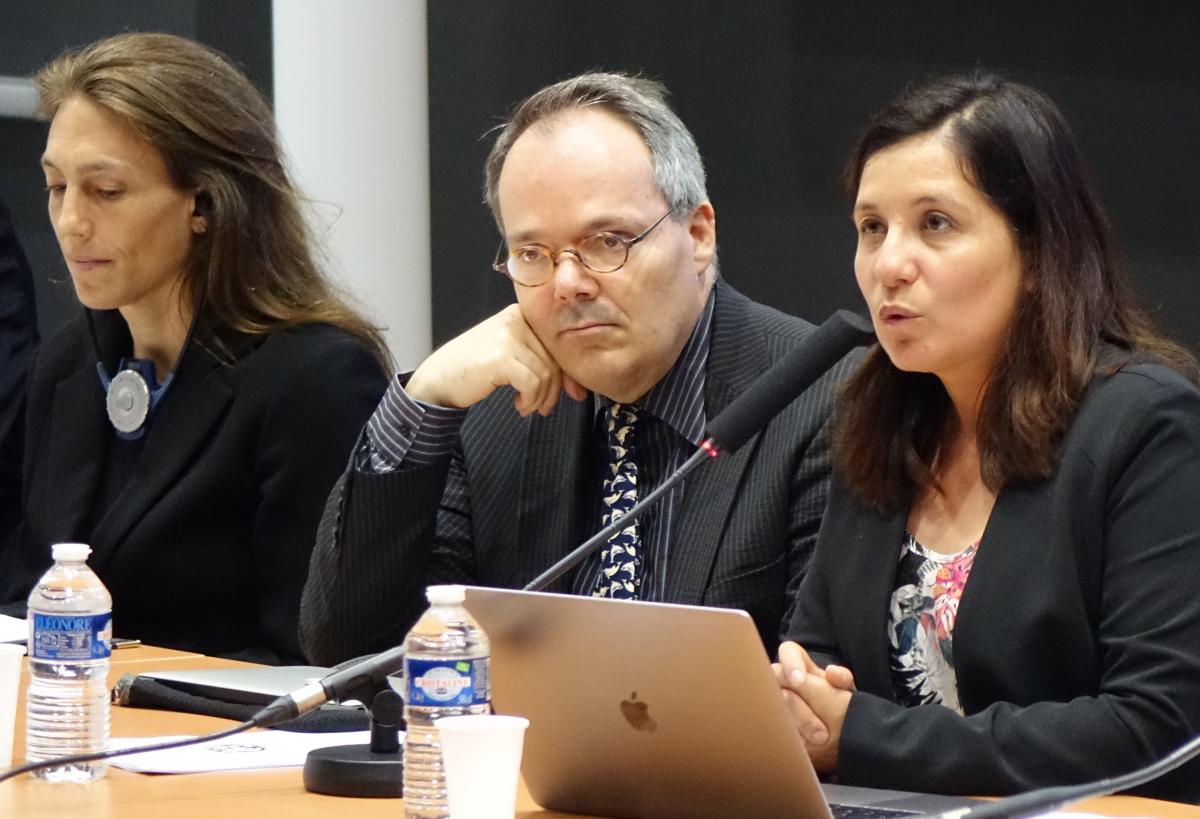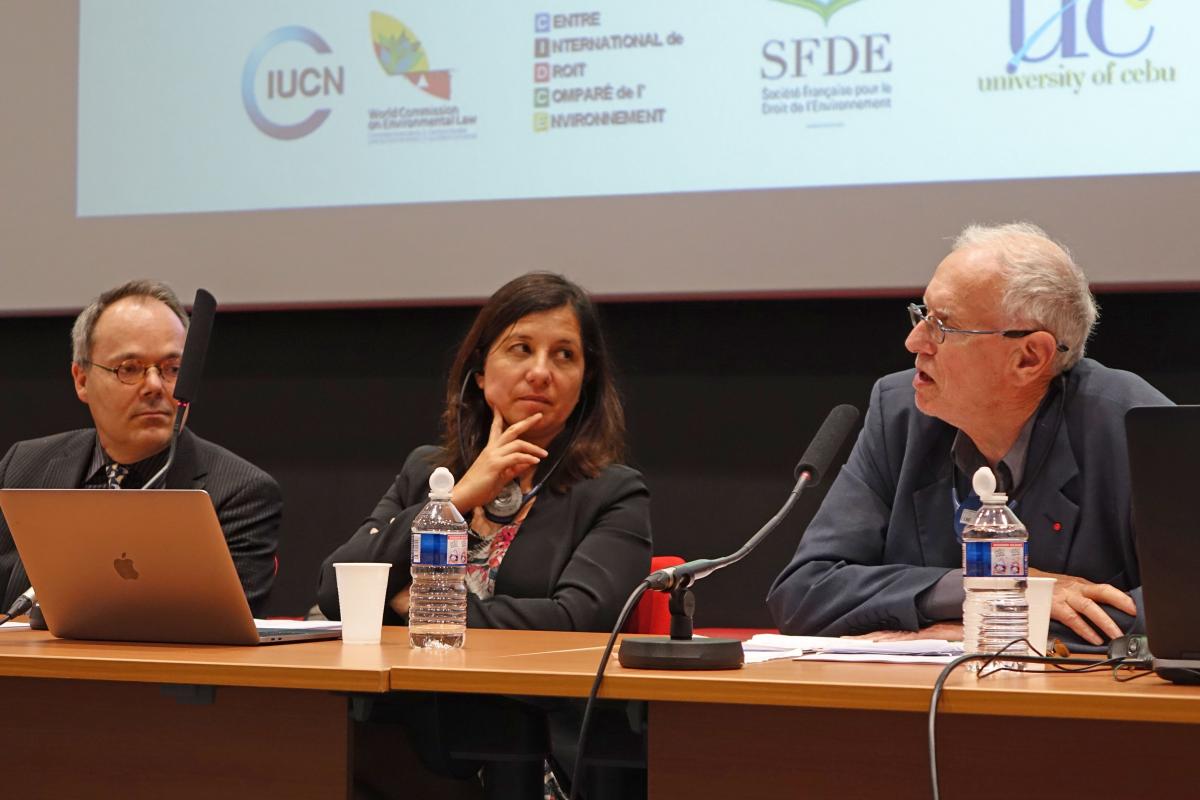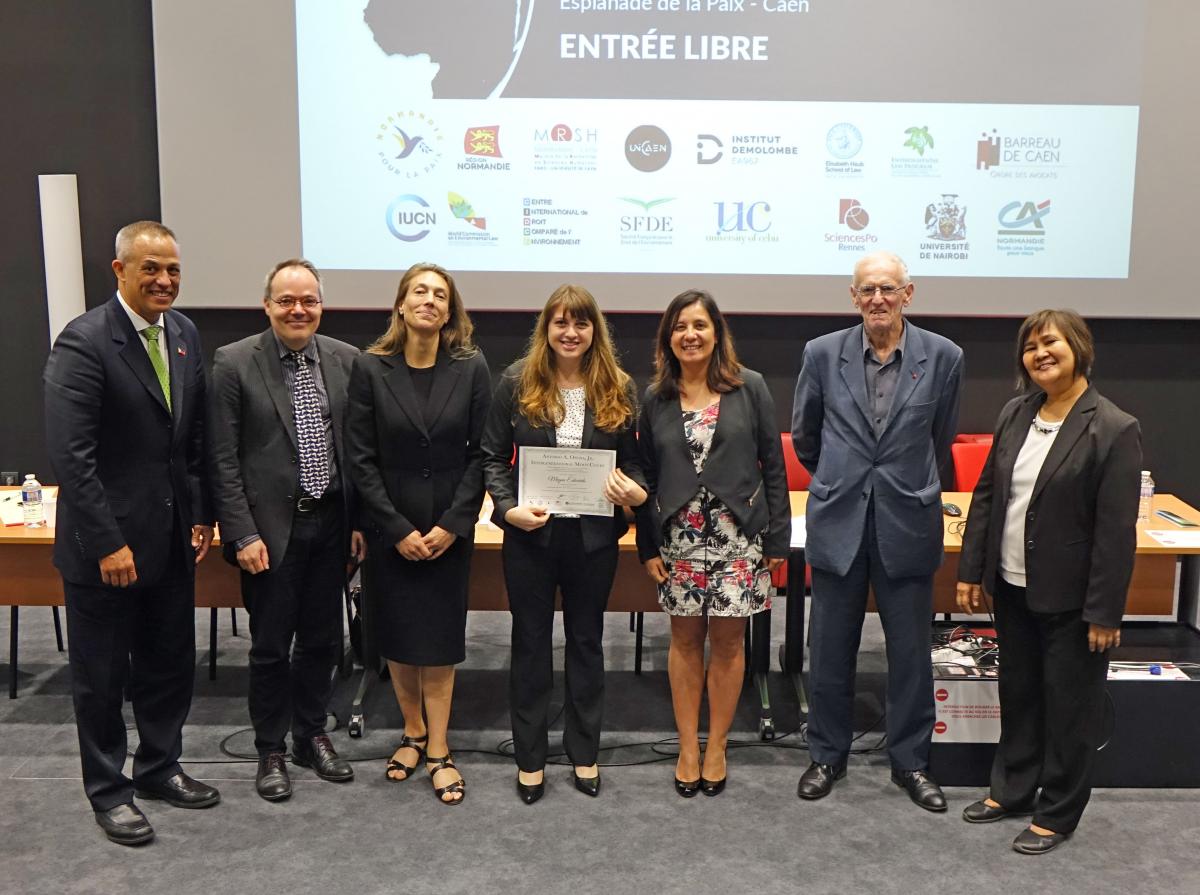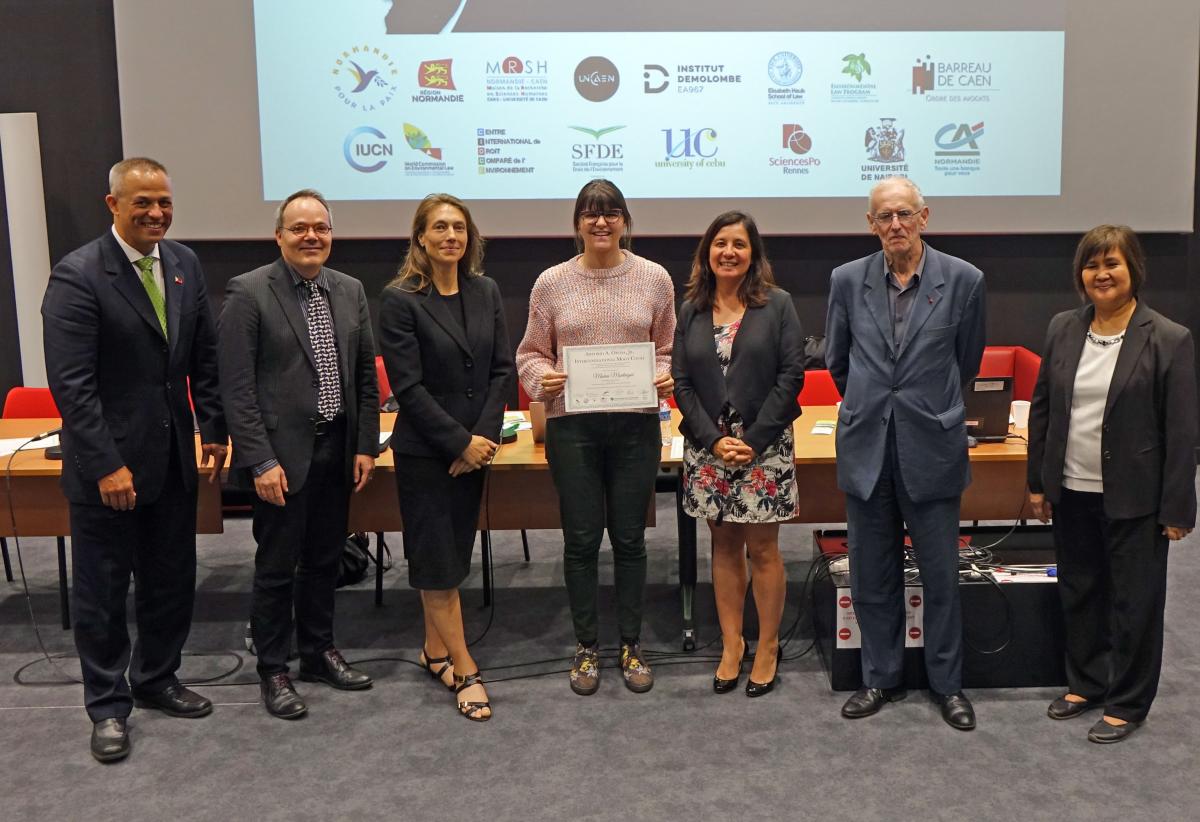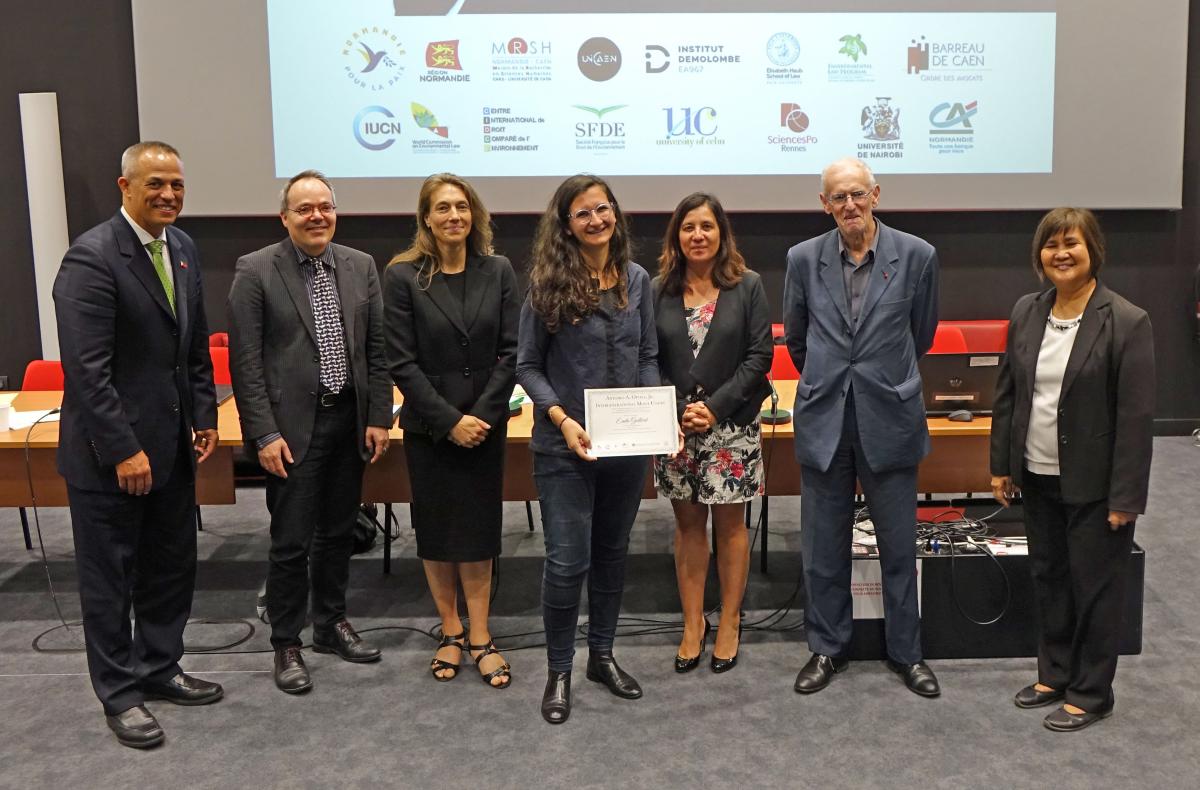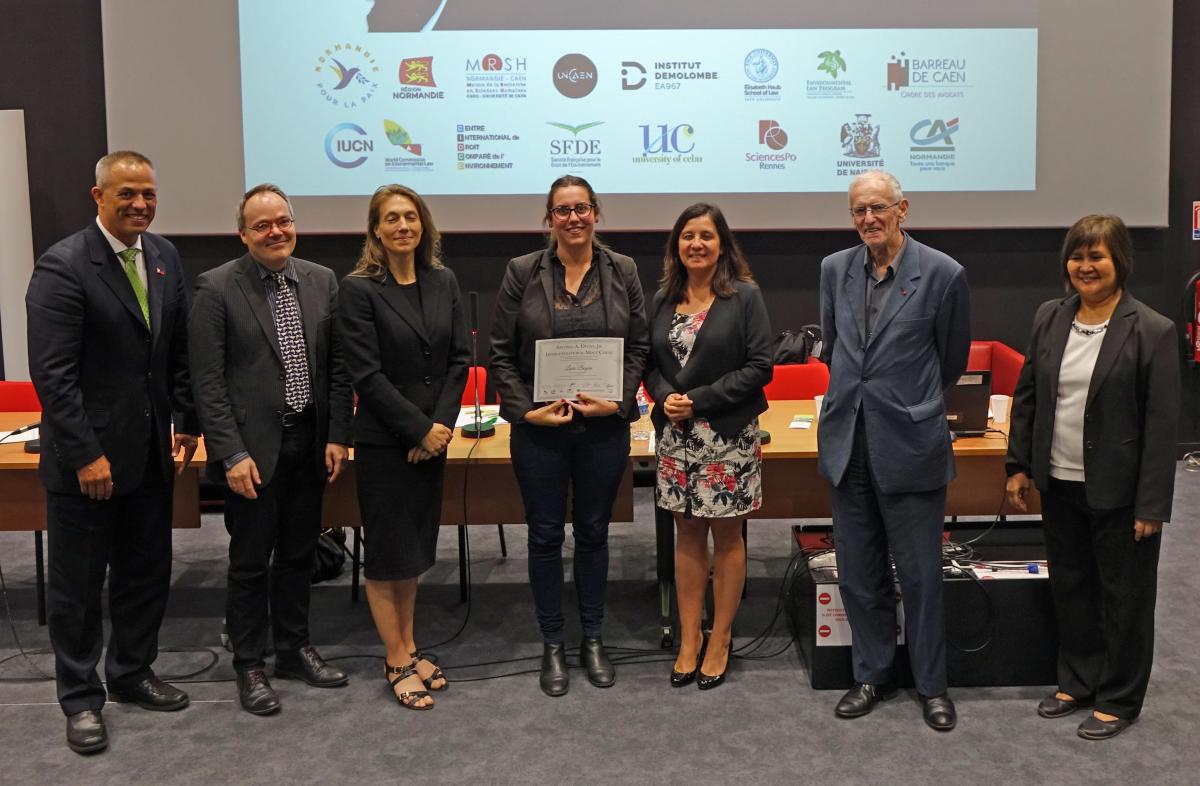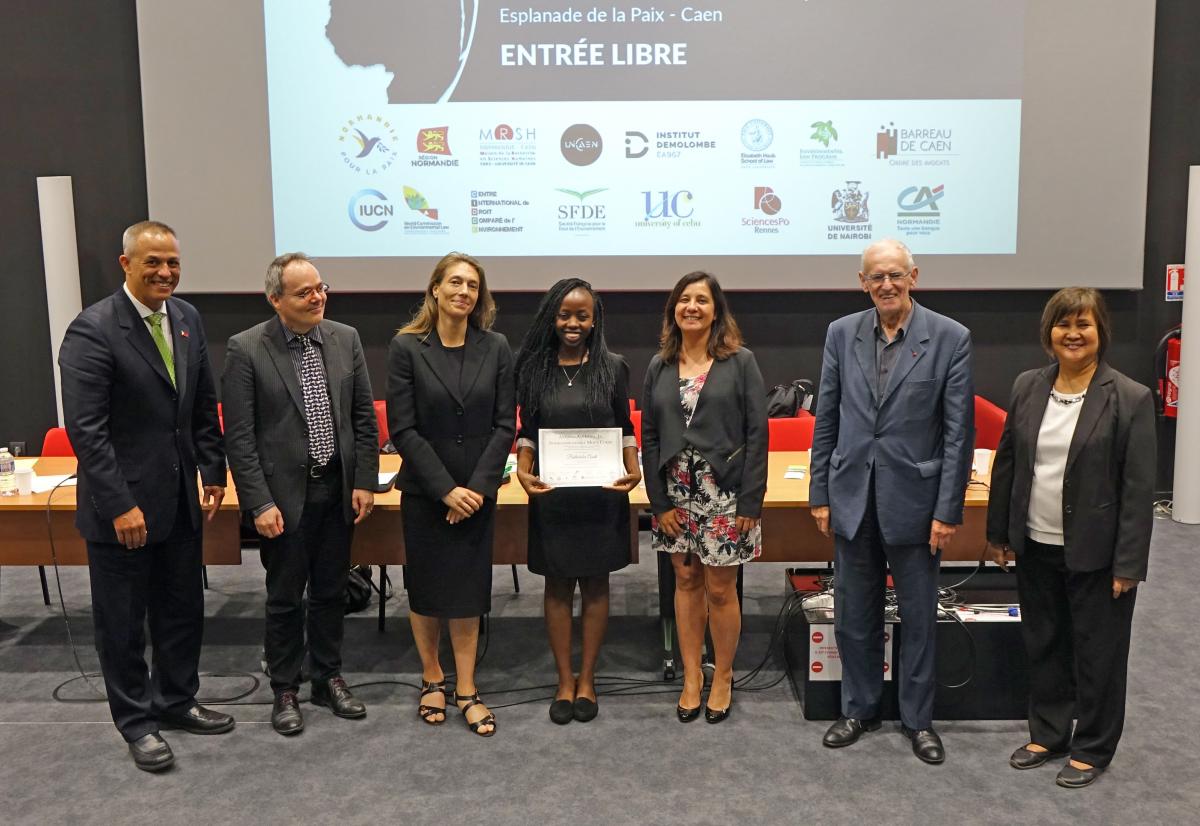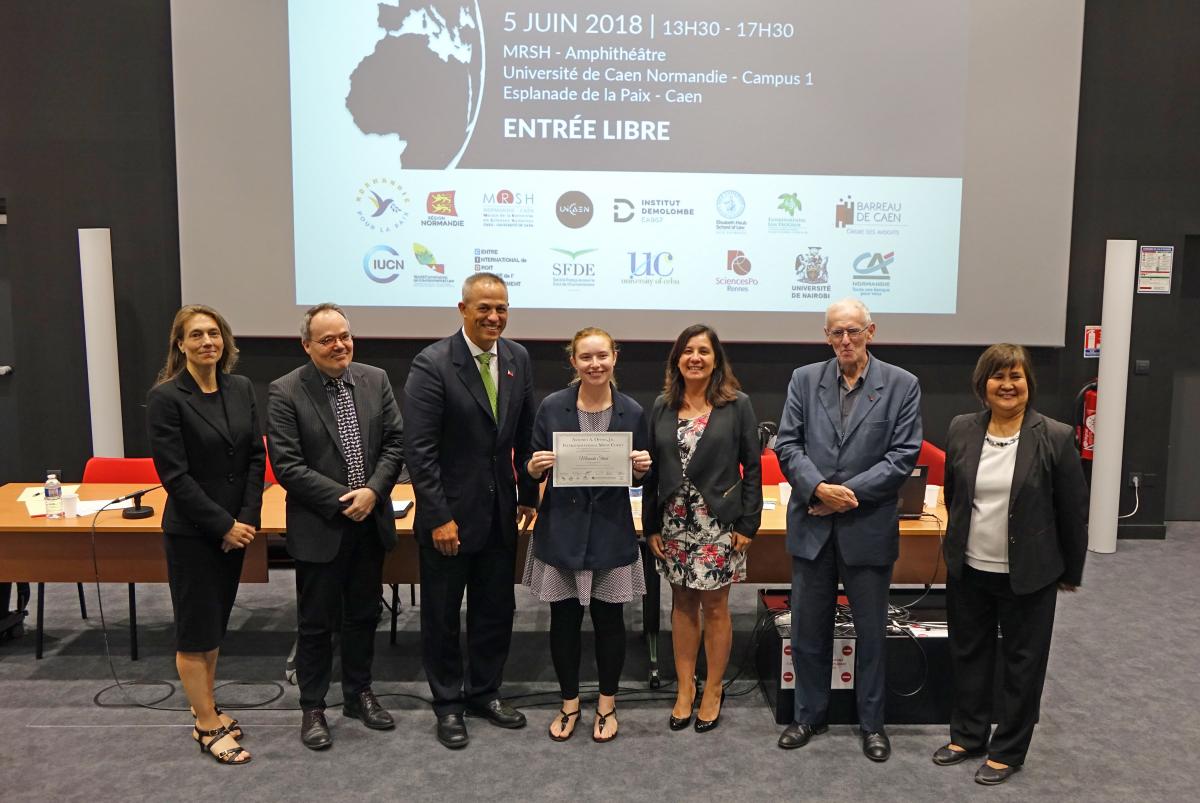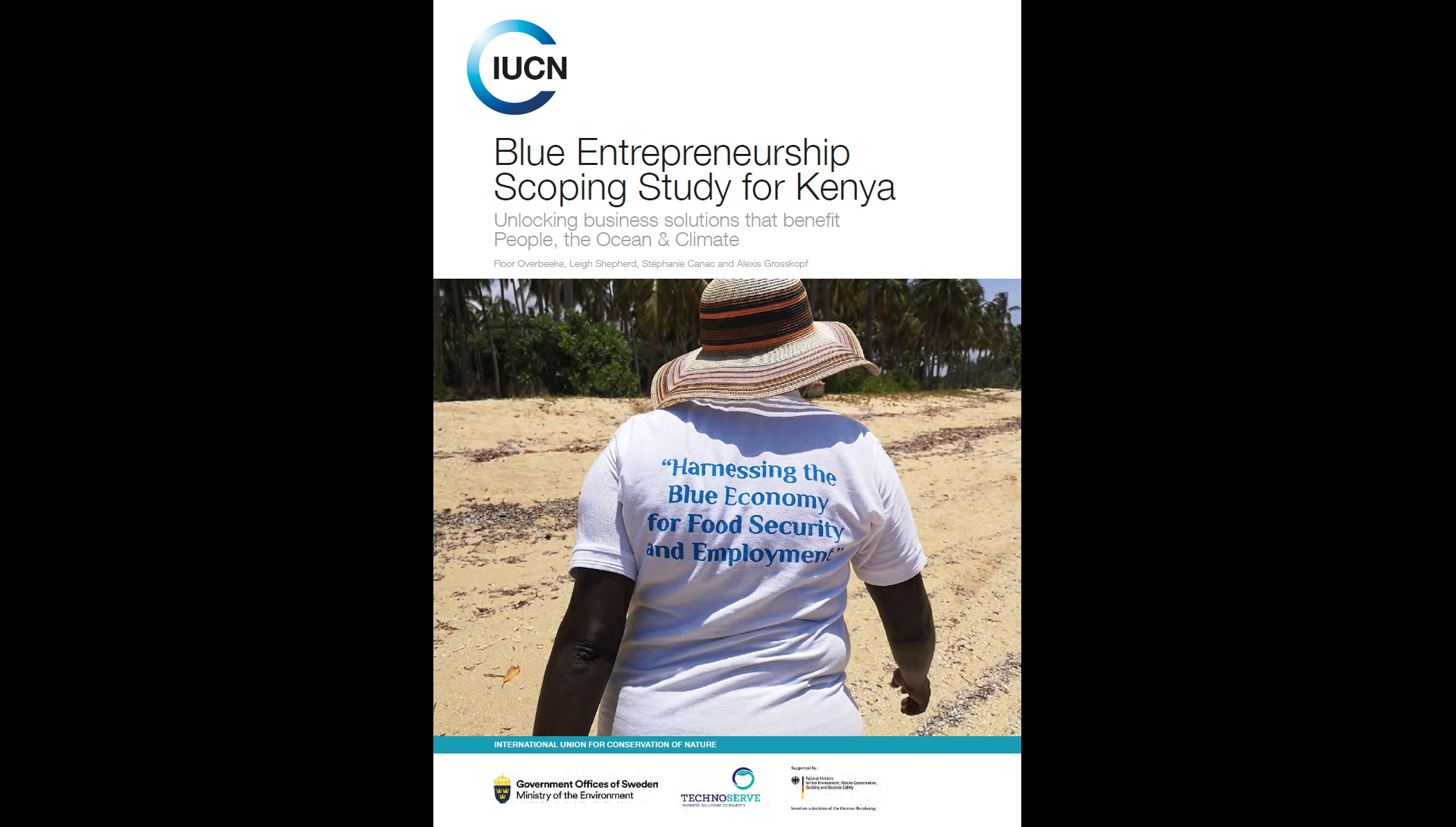Law, Climate, Geoengineering, and Indigenous Peoples: 4th Tony Oposa Intergenerational Moot Court
The 4th Tony Oposa Intergenerational Moot Court was hosted by the University of Caen Normandy (France) on 5 June to bring students, scholars, and jurists together in a simulation of a court proceeding before the International Court of Justice addressing the questions of legality of geoengineering and the rights of indigenous peoples.
To further develop legal thought and share the most current expertise on geoengineering responses to climate change, especially focusing on the intergenerational obligations of States to consult with indigenous peoples, the 4th Tony Oposa Intergenerational Moot Court brought together students, scholars, and jurists in a collaborative, transparent, and real world exercise before a mock panel of eminent scholars acting as the International Court of Justice (ICJ). The Moot Court was a side event of the inaugural World Peace Forum in Caen (France) and provided students with further opportunities to engage with representatives from around the world on issues of critical importance for future generations. The website for the event can be accessed HERE.
Problem Statement and Questions for the ICJ
The Moot Court was premised on a hypothetical United Nations General Assembly (UNGA) resolution requesting an Advisory Opinion from the International Court of Justice (ICJ) on two questions:
- As the world’s climate crisis approaches an increase of 2 degrees centigrade, proposed geoengineering projects designed to address the effects of climate change – whether through carbon dioxide removal or solar radiation management – necessarily involve risks of geopolitical and transboundary impacts to global interdependent systems including both marine and terrestrial resources. In this context, what protections does international law provide for present and future generations against the risk of deleterious impacts caused by geoengineering activities undertaken pursuant to a State’s fulfillment of its Nationally Determined Contributions under the Paris Agreement?
- Does acknowledgment under the Paris Agreement of the rights of indigenous peoples (e.g., Declaration on the Rights of Indigenous Peoples, Arts. 29 and 32) require participatory climate change adaptation that takes into account the traditional knowledge of indigenous peoples, such as any distinctive relationships or philosophies regarding connections between communities and lands, territories, waters, coastal seas, or other natural resources?
The terms of the Moot Court provided that after the United Nations Secretary-General referred the resolution to the ICJ, the ICJ invoked its right to hear oral arguments. All interested State parties were then invited to submit written statements (Memorials) through regional organizations. Student teams participating in the Moot Court submitted their Memorials in advance and gave oral submissions before the mock panel of judges.
Global Law Students
Five teams participated in the Moot Court acting as Agents for different regional organizations. They included:
- Aaron Rudyan (Oralist) and Megan Edwards representing the International Joint Commission under the Boundary Waters Treaty (Elisabeth Haub School of Law at Pace University, New York, USA);
- Rozenn Richardeau (Oralist), Lucie Beguin, Héloïse Gautier, Lyse Quénu, Clémence Marie, Anne-Laure Scholastique, Maéna Brière, and Sophie Jésus representing the European Union (University of Caen Normandy, Sciences Po Rennes, France);
- Angelito Ortiz (Oralist), Micah Jona Pan, Mary Grace Galinato, Christian Edward Coronado, Princess Caroline Vivar, and Dara Compuesto representing the Association of Southeast Asian Nations (University of Cebu, Philippines);
- Kasyoka Mutunga (Oralist) and Bathsheba Asati representing the African Union (Strathmore University, Nairobi, Kenya); and
- Priya Rashid (Oralist), Rachel Goldberg, Brandon Singleton, and Miranda Steed representing the Alliance of Small Island States (William S. Richardson School of Law, University of Hawai‘i at Mānoa, USA).
Team Coaches
Preparation for the Moot Court began with independent work drafting Memorials in consultation with the following coaches from each university:
- Professors Katrina Fischer Kuh and Nicholas Robinson - both WCEL Members (Elisabeth Haub School of Law at Pace University, New York, USA)
- Professor Emilie Gaillard along with attorneys Ophélie Gourdet and Pauline Désert (University of Caen Normandy, Sciences Po Rennes, France);
- Professors Liza Osorio - WCEL Member - and Josh Carol Ventura (University of Cebu, Philippines);
- Professor Emma Wabuke Senge (Strathmore University, Nairobi, Kenya); and
- Professors Richard Wallsgrove and David Forman - WCEL Member (William S. Richardson School of Law, University of Hawai‘i at Mānoa, USA).
Thereafter, the teams received comments and suggestions from the Moot Court organizers and other international legal experts. The written submissions were then finalized and the students joined together prior to the event to meet each other, review the other teams’ Memorials, and to rehearse and fine-tune their arguments in a collaborative setting. The Moot Court culminated with formal oral submissions.
Presiding Judges
The mock panel of judges consisted of the following eminent experts:
- Professor Emilie Gaillard acting as President of the Court (University of Caen Normandy, Sciences Po Rennes);
- Professor Dr. Jochen Sohnle - WCEL Member (University of Lorraine);
- Professor Emeritus Michel Prieur - WCEL Member (University of Limoges);
- Professor Josh Carol Ventura (University of Cebu);
- Professor Katrina Fischer Kuh - WCEL Member (Elisabeth Haub School of Law at Pace University); and
- Professor David Forman - WCEL Member (William S. Richardson School of Law, University of Hawai‘i at Mānoa)
Proceedings
During oral submissions, the Oralists from each team presented fifteen minute arguments, in English or French, supported by simultaneous translation. The judges then posed questions to each oralist relating to both the Memorial and oral submission. The written and oral submissions were enriched through consultation with international legal experts and inquiries from an invited panel of judges, in order to reveal and explore significant tensions, as well as difficulties associated with geoengineering. Among other things, discussions investigated the meaning and scope of the precautionary principle in this specific context, as well as the role of, and protections for, indigenous peoples. In a new development, the 4th Intergenerational Moot Court mock panel announced that they will release a decision responding to the request for an Advisory Opinion in December 2018. Thoughtful reflections from the law students and judges are made available in the "Downloads" section of this website.
Sponsors
The Moot Court was sponsored by University of Caen Normandy, Sciences Po Rennes, co-sponsored by the IUCN World Commission on Environmental Law, and involved other important institutions, including Société Française pour le Droit de l’Environnement, Centre International de Droit Comparé de l’Environnement, Maison de la Recherche en Sciences Humaines, Barreau de Caen, Institut Demolombe, and Région Normandie.
